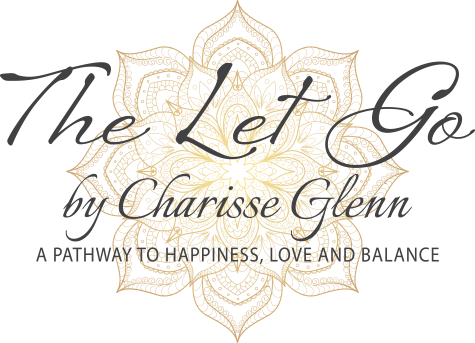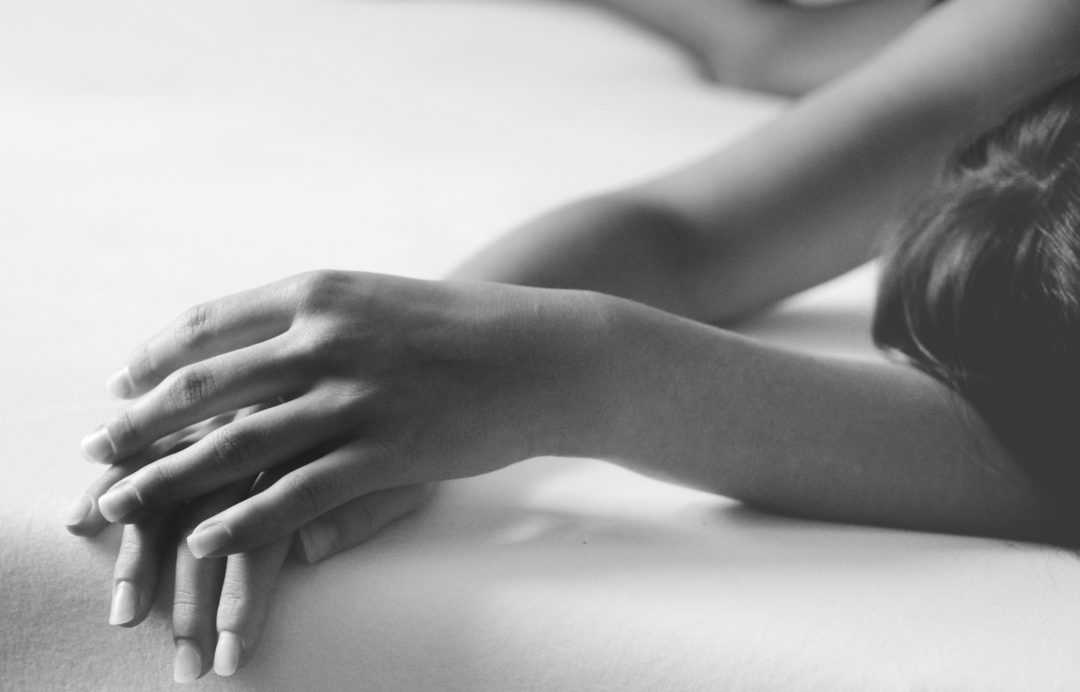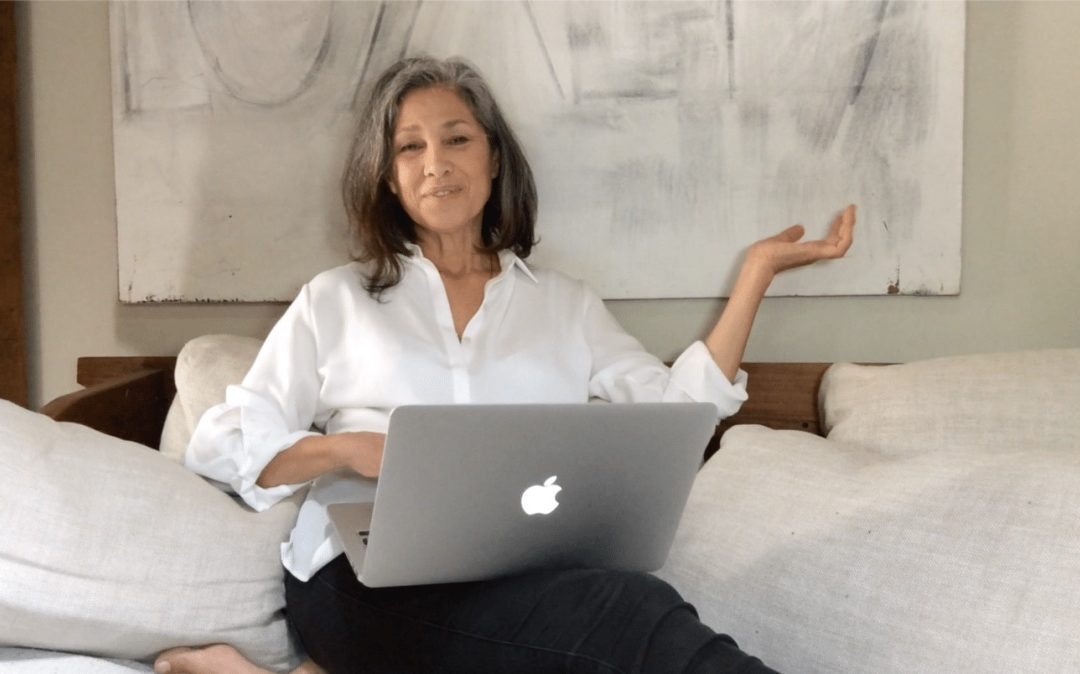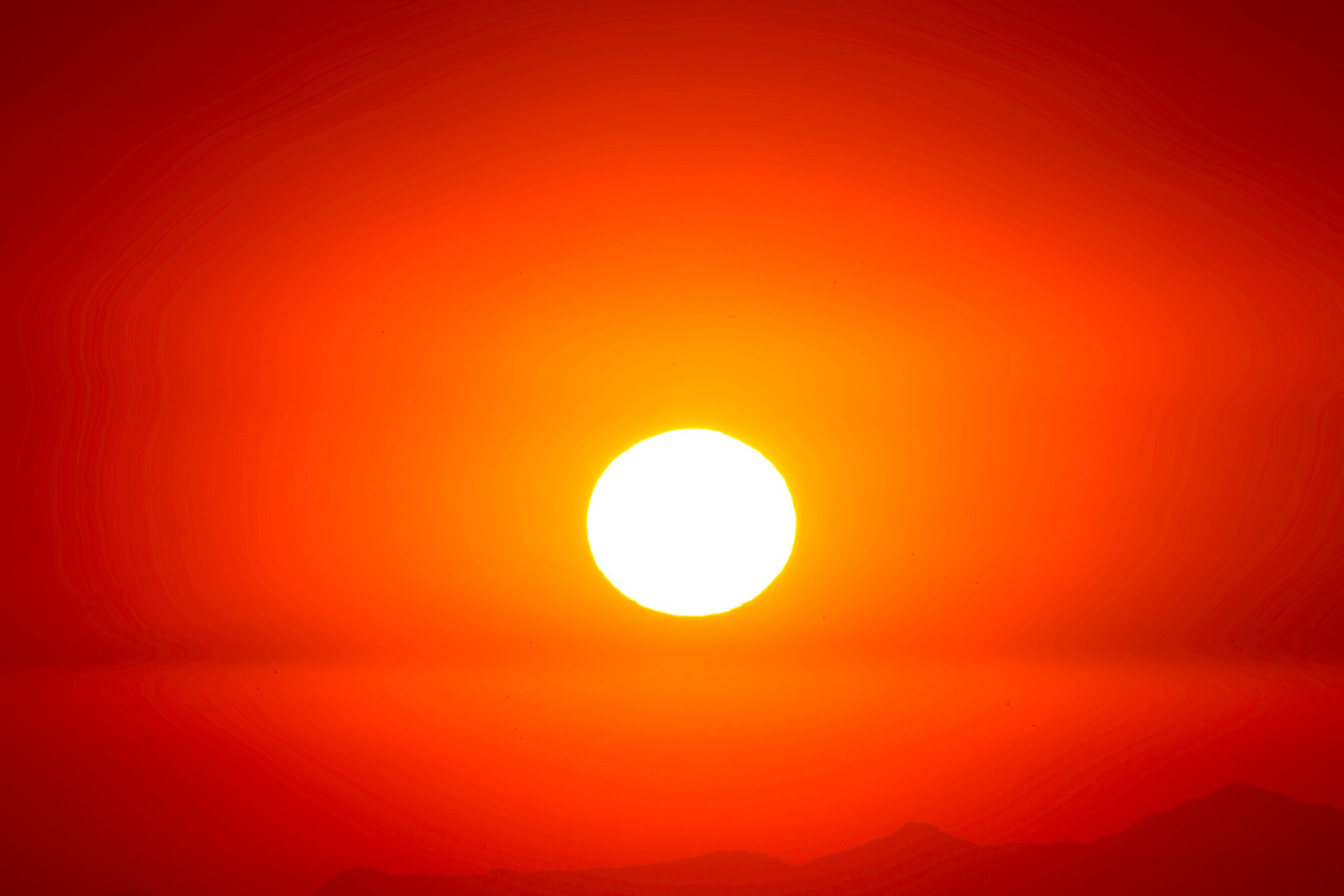Sometimes exhaustion is not a result of too much time spent on something, but of knowing that in its place, no time is spent on something else.
―
Being tired has become a chronic complaint and an acceptable state of being. In some ways, it is a badge of honor; it suggests we are in high demand. When admitting we are tired, others will often respond in agreement. There is the camaraderie with fatigue. I am guilty of the “I’m tired too” response. Justifying it by having a lot on my plate makes me feel less like I am complaining. However, when we verbalize something, we make it concrete regardless of justifications. It becomes our reality. We legitimately feel tired.
Early in my endurance racing career, riding horses 50-100 miles a day, I was gifted with the most valuable advice I have ever received. Just before a big competition, a friend of mine who is one of the elite mountain climbers, having summited Mt Everest amongst other incredible feats, said to me,
“You will get tired out there. You will hit the wall. Your horse will hit the wall. That is ok. It will pass. Don’t give in to it. Keep moving forward. You can always take one step.”
Even when we think we are too tired to go on, we can. I have hit the wall more times than I can count and always reached the finish line.
Ten Tips on How to Carry On
1. Most Importantly, finding joy in the situation is imperative. Whether it is a competition or a project, remember why you started. This step drives our energy and never fails to produce results.
2. Set small goals. Setting mini-goals was how I coped when I competed, and my horse or I ran out of gas. Sometimes I would dismount to give my horse a break walking alongside him. My goal may have been to make it to the next bush or tree; it could have been a matter of 10 or 20 feet. Each time we accomplished the mini-goal, I became stronger. Then, after a few successes, I would feel revived enough to get back on pace.
3. Shift your thoughts; instead of focusing on your fatigue, focus on your breath. Find beauty or curiosity in your surroundings. Look to the horizon with eagle eyes taking in the expanse before you. If someone asks how you are doing, don’t respond with how tired you are; respond positively. To be clear, sometimes we need to stop and rest; however, when that is not an option, we must carry on. Carry on with an uplifting attitude.
4. Focus on the task at hand. A joke at the beginning of a 100-mile race, after going just 1 mile, someone would shout out, “Great. only 99 miles left to go”. We would laugh and cringe simultaneously, knowing we were in for a long day. Focus on one phase of the project at a time. Then check it off the list once accomplished.
5. Be the Tortoise. The story of the Tortoise and the Hare illustrates that pacing yourself is a strategy for winning. Slow and easy. Don’t expend energy unnecessarily. Be the Tortoise.
6. Step outdoors. Sometimes a reprieve is needed to continue, so take off your shoes and walk on the ground, the grass, the sand, or the stones—something natural, not concrete, nothing synthetic. Remove your shoes and socks. Naked feet on the bare earth. It is a practice now popularly called grounding or earthing. I call it a regular daily activity.
7. Hug a dog, a cat, a horse, or a human. Animals have the incredible power of rejuvenation; Their bodies are giant biobatteries. Hugging or petting animals has been proven to reduce stress and calm the nervous system.
8. Be Mindful. I know it is not always possible to block out what is happening, yet, even if you shut the external sensors off briefly, it’s like in a movie when everything goes slo-mo and becomes silent. Enjoy it. Doing so will allow you to experience the energy from the present.
9. Take care. Eat nutritious and unprocessed foods. Refrain from sugars, too much alcohol or smoking. If it comes packaged and the list of ingredients contain things you cannot pronounce or artificial anything, simply don’t eat it. Fatigue is commonly caused by foods that our bodies cannot utilize properly.
10. Meditate. As little as five minutes of meditation a day can assist in reducing stress and improving emotional coping. It has been known to reduce fatigue, aid in mental clarity, and promote general well-being.
The Let Go knows everything is a temporary state of being. When we are so tired, we think we cannot go on, but remember, this too shall pass. The most significant accomplishments of humanity have not occurred because of fatigue or failure. But by perseverance. Digging deep within the well to extract the last bits of energy makes us great. If greatness were easy, everyone would do it. Be great because you can do it.
A hero is an ordinary individual who finds the strength to persevere and endure in spite of overwhelming obstacles.
~ Christopher Reeve






RAE GREULICH
Charisse, I didn’t need this gem when it originally posted but I was supposed to find it today. I have pinned it to my desktop to read over and over as needed because those times when there seems to be no more more gas in the tank come at the most inopportune moments. My current strategy of powering through “my way” has always been the reverse of this approach (the reverse of “letting go”) and it comes at a terrible cost. Thank you for your wonderful, uplifting, empowering, practical words, as always.
charisse
Rae, isn’t it great when what we need to hear appears at the moment we are open to hearing it? Glad the article made it to your wheelhouse.
Kari Wishingrad
I am absolutely loving reading your posts. Thank you.
Regarding fatigue – all of the above and…Sometimes I just need a nap!
Surrendering to that and not making myself think I need to power through is a new paradigm for me.